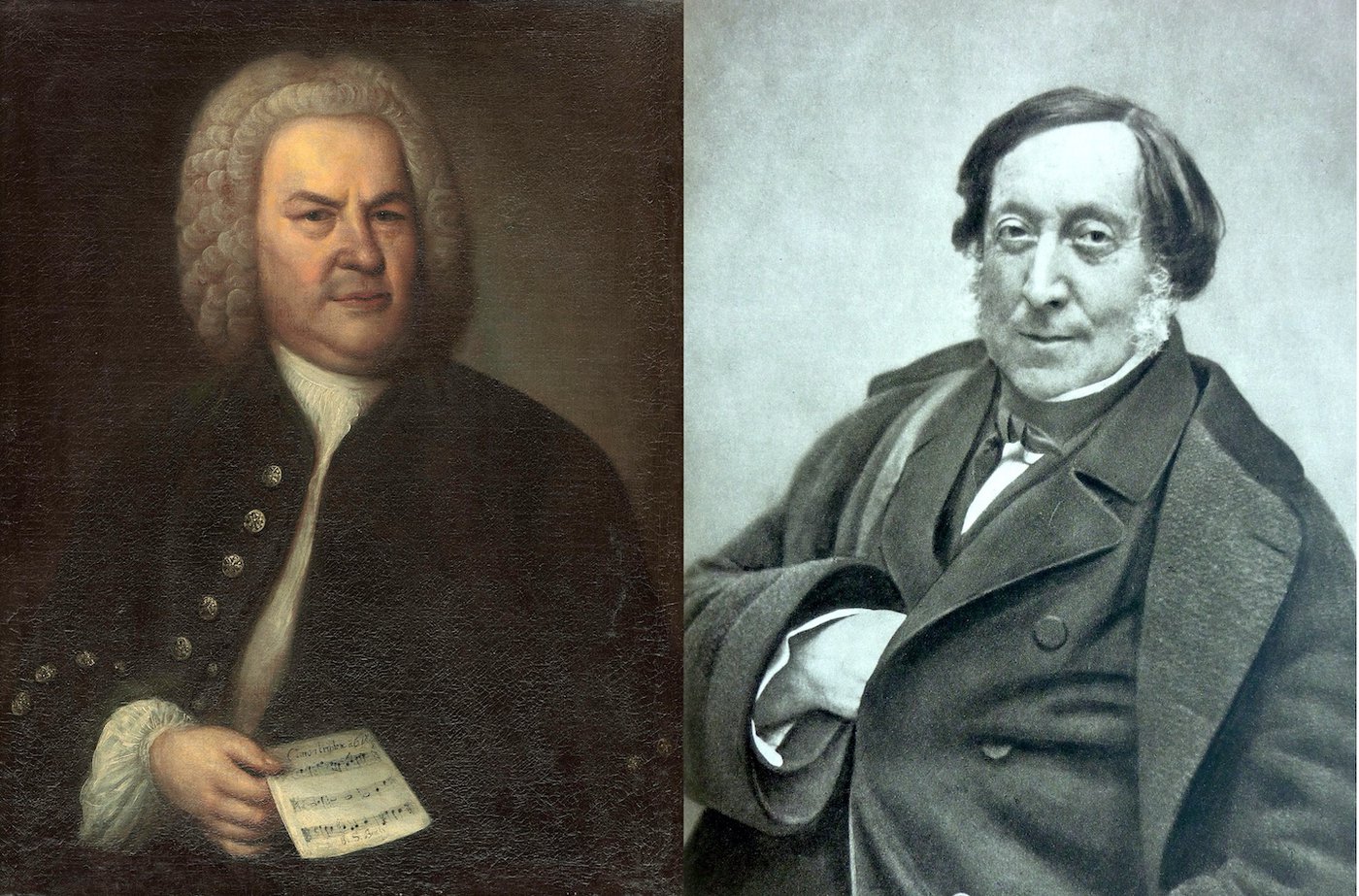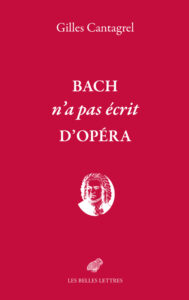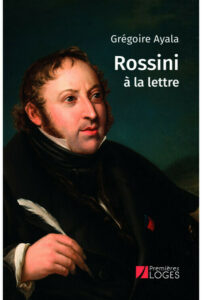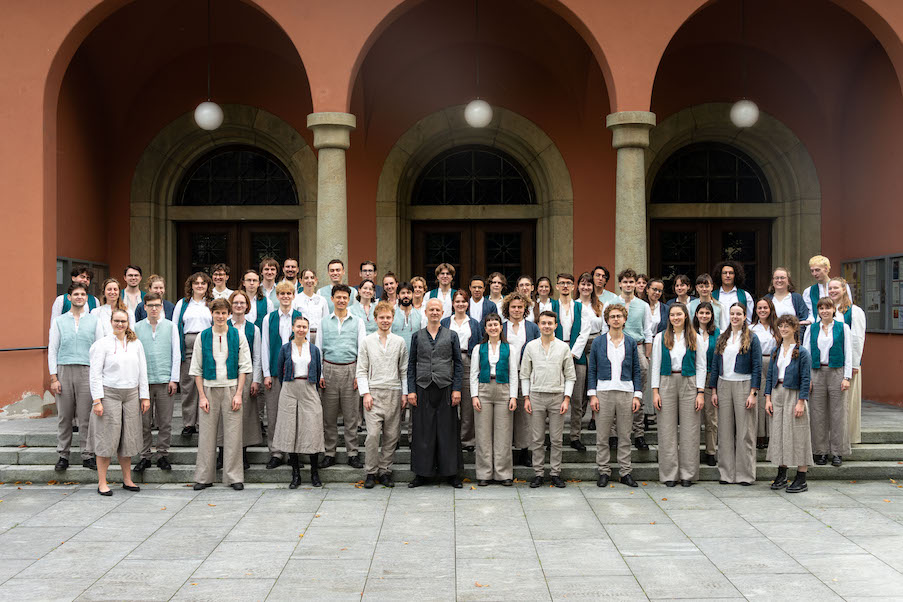Bach and German opera - Rossini without fable
Two recent publications address the following questions: Why didn't Bach compose an opera? What is Rossini's true personality?

Concise, dense and erudite, a booklet published by Les Belles Lettres, written by Gilles Cantagrel, looks at the reasons why Bach, of whom he is an acknowledged specialist, left no stage works. He begins with an overview of the German operatic repertoire from its slow beginnings (Dafne by Schütz, whose score is lost, in 1627; opening of the first lyric theater in Hamburg only in 1677) in the mid-18th century.e century, citing forgotten composers such as Johann Wolfgang Franck, Johann Sigismund Kusser and Nicolaus Adam Strungk, as well as the more illustrious Carl Heinrich Graun, Reinhard Keiser and Telemann. Although Bach delighted in going to Dresden to hear works by Hasse, whom he knew well, writing for the stage apparently didn't tempt him. Nevertheless, in both his secular and sacred cantatas, the Leipzig Cantor knew how to depict a psychological state with finesse. There are even true operatic pieces in the codification of the time: pastoral interludes, storms, sleep arias such as Schafe können sicher weiden in the cantata cynégétique BWV 208, an amorous lament such as Mit Verlangen druck' ich deine zarten Wangen where Phébus-Apollon mourns the death of his beloved Hyacinthe (from the drama per musica BWV 201), or an authentic intermezzo like the Coffee cantata. But the author underlines the extent to which the two monumental passions form dramatic actions, surpassing other Baroque oratorios in their theatricality and expressiveness. If Bach did not compose an opera, perhaps it was simply because he did not feel the need to do so. Gilles Cantagrel: Bach n'a pas écrit d'opéra, 116 p., € 11.50, Les Belles Lettres, Paris 2023, ISBN 978-2-251-45444-3
Gilles Cantagrel: Bach n'a pas écrit d'opéra, 116 p., € 11.50, Les Belles Lettres, Paris 2023, ISBN 978-2-251-45444-3
Although he spent a significant part of his life in France, where he had his last operas premiered, Rossini has long been neglected by musicography, except during the Romantic period when novel biographies flourished, following the example of the one conceived by Stendhal. The monograph by historian Grégoire Ayala, recently published by Editions Premières Loges, is an unprecedented exploration of the life of the master of Pesaro in the French-speaking world, freed on the one hand from generally fictitious anecdotes, and highlighted on the other by his correspondence, a hitherto little-exploited source that sheds unexpected light on his destiny, his work and his thought. Although the biographer does not go into the detailed musical study of the compositions, he does explain their genesis and realization, while contextualizing Rossini's art historically. He also reveals the sensitivity, depth and contradictions of the author of William Tell (often obscured as much by a falsely casual attitude on the part of the artist himself as by persistent clichés), introducing readers to the intimacy of Rossini, from his working-class youth through his meteoric career, which revolutionized the stage in less than two decades, to his long and more active retirement.
Grégoire Ayala: Rossini à la lettre, 446 p., € 25.00, Premières Loges, Paris 2023, ISBN 978-2-84385-438-5








